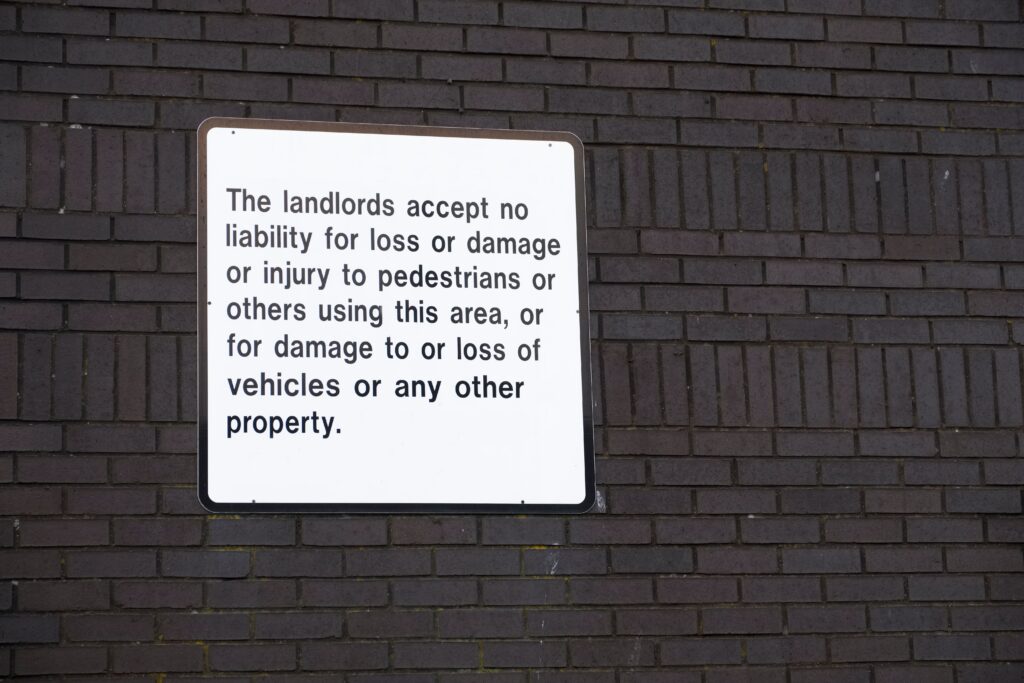Legal malpractice in Nevada is a complex and challenging area of law that demands a nuanced understanding of both legal standards and professional conduct. In this beginner’s guide, we delve into the basics of legal malpractice, exploring what it entails and why winning cases in this domain can be particularly difficult. We explore key elements of these cases such as the timeframe for filing legal malpractice claims, red flags signaling incompetent lawyers, and practical tips to navigate the intricate realm of malpractice legal proceedings. Understanding what legal malpractice is can empower clients to recognize when their attorney has fallen short; however, you should maintain a realistic outlook on the challenges associated with these cases.
What is Legal Malpractice?
Legal malpractice refers to instances where attorneys breach their professional duties, leading to harm or losses for their clients. Attorneys are expected to meet certain standards for ethical and professional conduct as laid out in the Rules of Professional Conduct (RPC 1.1), and for the most part, they meet these expectations. However, when attorneys do fail to meet this standard of care—either through negligence, breach of fiduciary duties, or breach of contract—there may be grounds for a malpractice claim.
To answer the question of “what is legal malpractice” more clearly, here are some examples: missing filing deadlines, conducting inadequate research, failing to provide a valid defense, neglecting compulsory filings, disregarding client instructions, and failing to obtain consent for a settlement. For instance, if an attorney mishandles a car accident case, failing to file necessary documents on time or inadequately representing the client’s interests, it could be considered legal malpractice. Another example might involve a law firm providing substandard representation, resulting in detrimental outcomes for the client.

Difficulty in Winning Legal Malpractice Cases
In Nevada, establishing a legal malpractice claim involves demonstrating key elements. This includes proving there was a relationship between you and the lawyer, the lawyer didn’t do their job properly, their actions caused you harm, and you suffered damages as a result.
Proof of Negligence:
To win a legal malpractice case, the plaintiff (client) needs to show that their attorney didn’t meet the expected standard of care. This means proving the lawyer did something wrong or failed to do what they should have. Proving negligence can be tough, as it involves complex legal standards and interpretation.
Causation Difficulties:
If the attorney is proven to be negligent, the client also has to show that the lawyer’s actions directly caused the harm. It’s not just about proving a mistake; the mistake must be a key reason for the client’s damages. Figuring out this connection can be tricky, especially if other factors played a role in the negative outcome.
Proximate Damages:
In legal malpractice cases, it’s crucial to show that the client really suffered harm because of the attorney’s mistakes. Proving the amount and type of damage can be tough, especially if there were existing problems or uncertainties about the original legal issue’s outcome.
Attorney Judgment Defense:
Attorneys may assert the defense of professional judgment, arguing that their actions were reasonable given the circumstances and legal complexities involved. Proving that the attorney’s judgment was not within the acceptable range of professional competence can be a significant hurdle for the plaintiff.
What is the statute of limitations on legal malpractice in Nevada?
In Nevada, there are different rules for the statute of limitations in transactional malpractice compared to litigation malpractice. For transactional malpractice, where the alleged malpractice is related to a transaction (e.g., drafting a trust agreement), the discovery rule applies. This means that the clock starts ticking on the limitation period when the plaintiff becomes aware, or should have become aware, of the possible negligence. If there’s a lawsuit related to the transaction already, the malpractice case waits until that lawsuit is resolved. On the other hand, in litigation malpractice, the limitations period is more flexible. Damages only accrue upon the conclusion of the underlying litigation. This means that the clock is paused during the ongoing litigation and even during appeals. The malpractice case only starts after an adverse ruling on appeal. Overall, you have a short amount of time to sue for malpractice in Nevada.
Signs of an Incompetent Lawyer
To steer clear of legal malpractice issues, it’s essential to work with a competent attorney. Watch out for red flags like a lack of case updates, slow communication, punctuality issues, unpreparedness in court, dishonesty about legal fees, lack of advocacy for your interests, and a track record of losing cases or putting clients in jeopardy. If you spot any of these red flags, consider seeking alternative representation.
Tips for Navigating Legal Malpractice Claims in Nevada
Successfully managing legal malpractice claims in Nevada requires a strategic approach. Early identification of malpractice is crucial—recognizing signs of incompetence or negligence at the onset allows for timely corrective action. Documentation and evidence gathering play a pivotal role in substantiating your claims. Maintain detailed records of interactions, communications, and any potential breaches of duty by your attorney. Additionally, obtaining an expert witness can bolster your case, providing professional opinions on the attorney’s conduct and the impact it had on your case. These proactive measures significantly strengthen your position when pursuing legal malpractice claims.
Navigating legal malpractice in Nevada is no small feat, given its complexities. Understanding the challenges involved is the first step towards protecting your rights. For more in-depth information, we invite you to visit our legal malpractice page. If you have questions about a legal malpractice suit and need a Nevada attorney to fight for the compensation you deserve, call Friedman & Throop Law at 775-322-6500 or book a free consultation.



